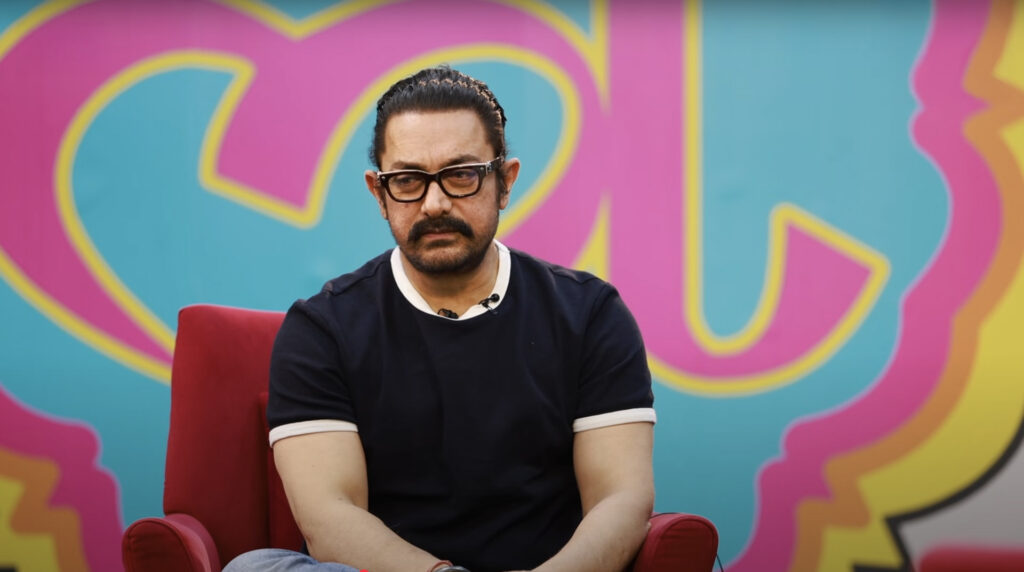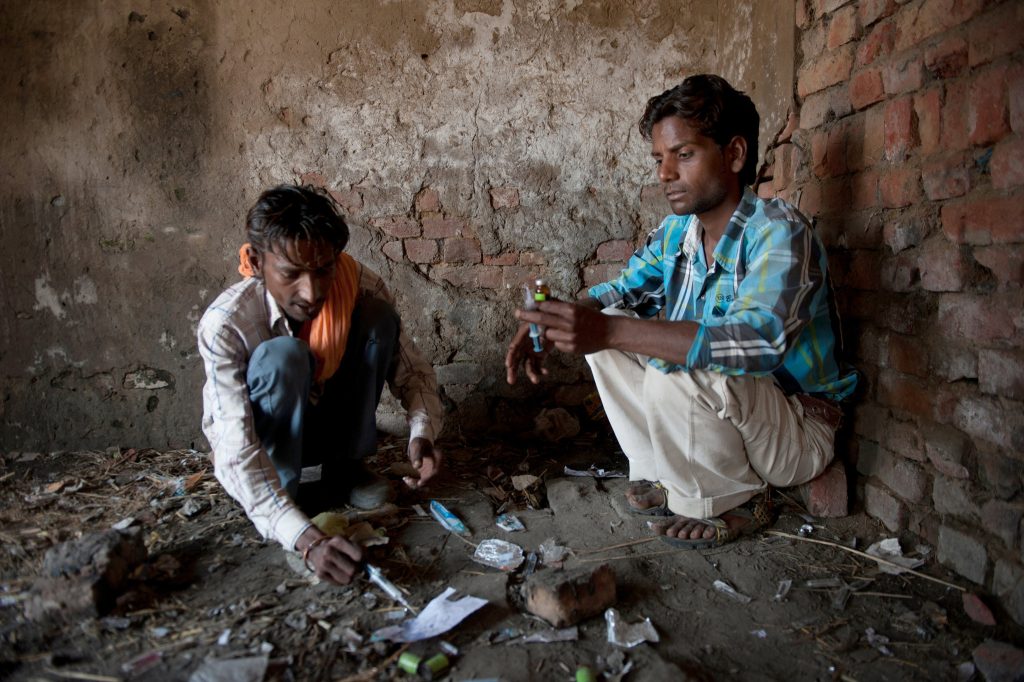A Fine Understanding Of Sexual Consent

Have you ever been in a position where you have been ‘convinced’ to do something you didn’t want to? if yes, I got your back, my friend! This is when consent comes into practice. Consent goes hand in hand with the sentence ‘no means no.
Read till the end of the article and emerge a Consent Warrior- who fights ignorance with awareness, busts myths with facts, respects boundaries, and receives and gives consent.
If you’re struggling to find answers to questions like, what is the meaning of consent? How do we define consent? What is the age of consent in India? What are the different types of consent? How to understand the nuances of consent? Look no further, we got you!
The dictionary defines consent as “permission for something to happen, or agreement to do something.” – “kuchh hone ki anumati, ya kuchh karane kee sahamati.”
The law defines consent as “Voluntary Acquiescence to the proposal of another” – “doosare ke prastaav ke lie svaichchhik sveekrti,” and, the age of consent in India is 18.
Bollywood’s definition of consent is, to find a yes in an evident NO, or to stalk and convince the person until they give up and say “ok, fine”.
So what really is consent? Is it mysterious? Is it subjective?
Nope, consent isn’t a mystery. It is as simple as an enthusiastic Y-E-S. It’s about respect, boundaries, and communication. Consent isn’t subjective either, it is one of the rare things in the world that are pretty clear. An enthusiastic yes or even simply asking for permission translates into consent. Just as simple as what Huma Qureshi told in the movie “Gangs of Wasseypur”
Consent and respect go hand in hand and form the basis of any relationship like – family relationships, friendships, romantic relationships, etc. Consent is essential for most everyday activities, like asking before hugging a friend, respecting someone’s privacy by keeping their details confidential, or asking if a friend is in the right state of mind, before venting to them.
Consent is also linked with the idea of body autonomy, i.e. having ownership and control over your body. Having control over your body is an important aspect of the self. How do you feel when people underestimate your control over your body? You often tend to know what’s best for you. How do you feel when you go to a relatives’ place for dinner, and they insist you take another serving of a particular dish? Surely you know how much food you need, how much is right for your body. Others insisting you have more than you need, even with good intentions, can get uncomfortable. This is why consent is important in everyday life.
While we are understanding consent, let us explore the various types of consent:
- Informed Consent: This is usually a person’s agreement to participate in a study, survey, or intervention. This involves informing the person about the nature, duration, risks, and benefits of that particular activity. Detailed studies, often academic, use Informed Consent. It is also used in Counseling Sessions by trained Mental Health Professionals.
- Implied Consent: This refers to consent that isn’t explicitly given by a person, but shown by their bodily cues and circumstances. An example could be, a person giving their hairdresser consent to touch their hair, by asking for a haircut.
- Explicit Consent: Explicit or direct consent is a form of consent where one is required to give consent in a clear, often written way. Signing contracts are an example of this form of consent. For ex: Signing the employment agreement before joining a job is a way of agreeing to participate in the workforce.
- Active consent: People indicate their willingness to do something by consciously agreeing to it. An example would be saying yes to a person who has asked you out on a date, or a person saying yes to volunteering at an animal shelter.
- Passive Consent: Here, individuals don’t actively say yes to an activity but have the option to say no. The absence of a ‘yes’ is interpreted as opting in unless clearly stated otherwise. For example, it is assumed that a student will participate in their class activity unless they mention that they do not want to.
Consensual sex: Mutual consent makes the experience more pleasurable for all the parties involved. The ideal way of getting consent to engage in sexual activity should be an explicit, enthusiastic ‘yes’, sometimes implied consent works too. If you have been in a relationship with your partner for some time, certain body cues like a nod could suggest that they’re giving consent.
If it seems easy, why is consent difficult to navigate sometimes?
Sometimes, even a ‘yes’ might mean no. This is where it becomes difficult to navigate. Often when you’re in a relationship, for various reasons, sometimes it might get hard to say no. Sometimes a person might just stay silent, and that could mean different things. Maybe they’re thinking about whether they want to engage in this activity, or maybe they’re nervous, or they’re trying to think of a way to say no; it could mean different things.
At such times, it is best to give the person time and space to make a decision.
A Consent Warrior would keep all of this in mind while engaging in various interactions. Additionally, they would look out for non-verbal cues (people’s body language or expressions). Sometimes people can be uncomfortable saying things out loud. Their body movements and expressions often give away what they are feeling. If they are fidgeting, not maintaining eye contact, and forming vague sentences, it is your cue to understand that they might not be comfortable, and it’s best to let them figure out what they want, and give them space.
Let’s dive deeper into this and look at a few ways of asking for consent.
- Are you okay with this? – kya tum isase theek ho?/ main aisa kar sakta hu?
- This is what I want to do. Do you want to join me? – main ye karna chahta/chahta hu, tum join karna chahti ho?
- Can I give your number to X? – kya main tumhara number X ko de sakta hu?
- Are you free to talk? – tum baat karne ke liye free ho?/kya main tumhare saath kuch der baat kar sakta hu?
- Can we try? – kya hum ye try kare?/kya tum ye try karne ke liye comfortable ho?
- Do you need some space? – kya tumhe kuch akele ka samay chahiye?
- Can I repost your content? – kya main ye repost kar sakti/sakta hu?
- Now or later? – abhi ya baad mein?
- How do you feel about this? – tumhe iske baare mein kya khayal hai?
- Do you want something else? – tumhe aur kuch chahiye?/tumhe aur kuch karna hai?
There are a lot of myths surrounding consent. It is important to be aware and mindful to be able to beat these. An important myth that needs debunking is that people in relationships owe sex to their partners whereas, it depends on the partner’s mutual consent. Similarly, boundaries are healthy, and space is important in all sorts of relationships.
Here’s a Consent Warrior Rulebook to keep these points in mind as you engage in various interactions with people.
- I know that it’s okay to change one’s mind midway, and stop.
- I will respect people’s decisions, and realize that they know what they want.
- I will respect people’s boundaries, even in intimate relationships.
- I will look for explicit displays of consent before engaging in a particular activity.
- I will communicate clearly with the people around me.
Consent Warrior Rulebook: Sexual Activity Edition
- Before engaging in sexual activity, I will make sure my partner and I are both comfortable with it – sex mein shaamil hone se pahale, main yah sunishchit karoongee ki main aur mera saathee isake saath sahaj hon.
- My partner and I will talk about using protection, if at all, before engaging in any sexual activity – main aur mera saathee kisee bhee sexual activity mein shaamil hone se pahale suraksha ka upayog karane ke baare mein baat karenge.
- My partner and I will have a safe word that I can use during sex if either of us wants to stop in between – mere saathee aur mere paas ek surakshit shabd hoga jisaka upayog main seks ke dauraan kar sakata hoon yadi ham donon mein se koee bhee beech mein rukana chaahata hai.
- My partner and I will talk about how our plans change if one of us gets drunk – main aur mera saathee is baare mein baat karenge ki agar hum mein se koi ek nashe mein ho to hamaaree yojana kaise badalte hain.
- I realize that consenting to one sexual activity doesn’t mean I have consented to another – mujhe ehasaas hai ki ek sexual activity ke liye sahamati dene ka matalab yah nahin hai ki mainne doosare ke liye sahamati dee hai.
Till now we have armed ourselves with facts, and respect. Our final aspect to explore is the awareness bit. How do we spread awareness? Through dialogue.
Talking about consent and bringing awareness to people is a great way of using your superpowers. Further, this should be included in the school curriculum, for children need to understand such concepts. The idea of consent could always be brought up in family discussions too.
Shivtensity has been working towards promoting dialogue regarding sexuality and mental health, Join our community as Consent Warriors and help make the world a better place.
If you’re reading this, congratulations! You are now a #ConsentWarrior. Go do your thing












